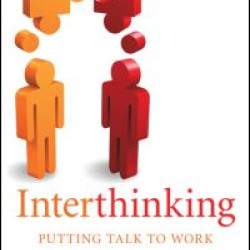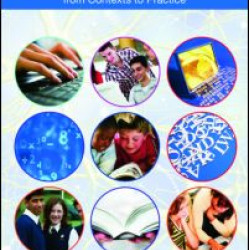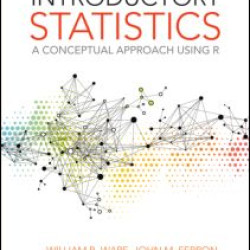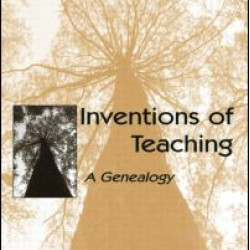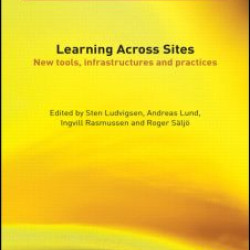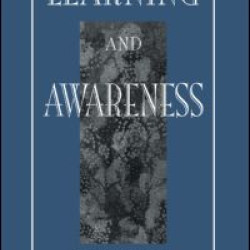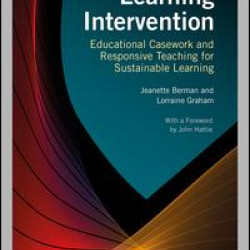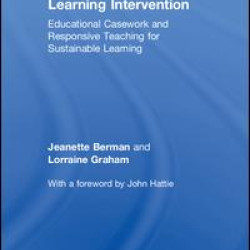Educational Psychology
Brand: Taylor & Francis
Model: Stock
_x000D_
Written in an accessible and jargon-free style, Interthinking: putting talk to work explores the growing body of work on how people think creatively and productively together. Challenging purely individualistic accounts of human evolution and cognition, its internationally acclaimed authors ..
₹1,835.27 ₹2,294.08
Brand: Taylor & Francis
Model: 9780415472012
In this book, Paul Howard-Jones explores the differences between science and education, drawing on the voices of educators and scientists to argue for a new field of enquiry: neuroeducational research...
₹2,275.90 ₹2,844.88
Brand: Taylor & Francis
Model: 9780415480550
Sandra Smidt takes the reader on a journey through Vygotsky’s key concepts in relation to early learning and teaching, making explicit the links between these concepts and discussing each one in an easily accessible style...
₹8,078.40 ₹10,098.00
Brand: Taylor & Francis
Model: Stock
This comprehensive and uniquely organized text is aimed at undergraduate and graduate level statistics courses in education, psychology, and other social sciences. A conceptual approach, built around common issues and problems rather than statistical techniques, allows students to understand the con..
₹15,422.39 ₹19,277.99
Brand: Taylor & Francis
Model: Stock
This comprehensive and uniquely organized text is aimed at undergraduate and graduate level statistics courses in education, psychology, and other social sciences. A conceptual approach, built around common issues and problems rather than statistical techniques, allows students to understand the con..
₹6,094.78 ₹7,618.48
Brand: Taylor & Francis
Model: Stock
First Published in 2004. Routledge is an imprint of Taylor & Francis, an informa company...
₹2,202.46 ₹2,753.08
Brand: Taylor & Francis
Model: Stock
This book examines critical issues in the design of theoretically based and pedagogically sound distance education programs. It integrates theory and pedagogy with practical issues related to practitioners, administrators, evaluators, and policy analysts...
₹4,185.34 ₹5,231.68
Brand: Taylor & Francis
Model: Stock
This book brings together a diverse range of contributions from leading international researchers, to examine the impacts and roles which evolving digital technologies have on our navigation of education and professional work environments...
₹2,569.66 ₹3,212.08
Brand: Taylor & Francis
Model: Stock
This book presents the psychological basis, methodology, and application of Marton's phenomenographic approach to the theory of learning...
₹2,569.66 ₹3,212.08
Brand: Taylor & Francis
Model: Stock
Synthesizes NRRC research findings on the understandings held about learning to read. Focus is on middle and secondary classrooms though not exclusively...
₹6,902.62 ₹8,628.28
Brand: Taylor & Francis
Model: Stock
This book explores what learning intervention means in inclusive classroom settings. It provides educational professionals with the knowledge and skills they require to reflect on, and respond to students’ individual learning needs, and enables them to choose, implement and evaluate evidence-based s..
₹2,202.46 ₹2,753.08
Brand: Taylor & Francis
Model: Stock
This book explores what learning intervention means in inclusive classroom settings. It provides educational professionals with the knowledge and skills they require to reflect on, and respond to students’ individual learning needs, and enables them to choose, implement and evaluate evidence-based s..
₹7,711.20 ₹9,639.00


